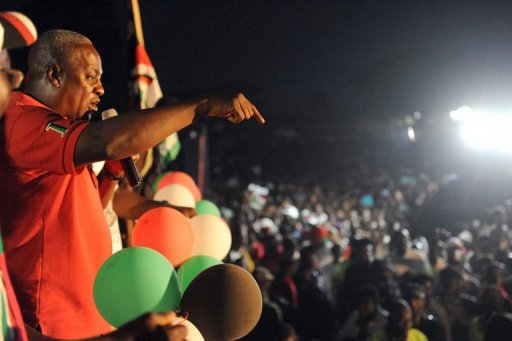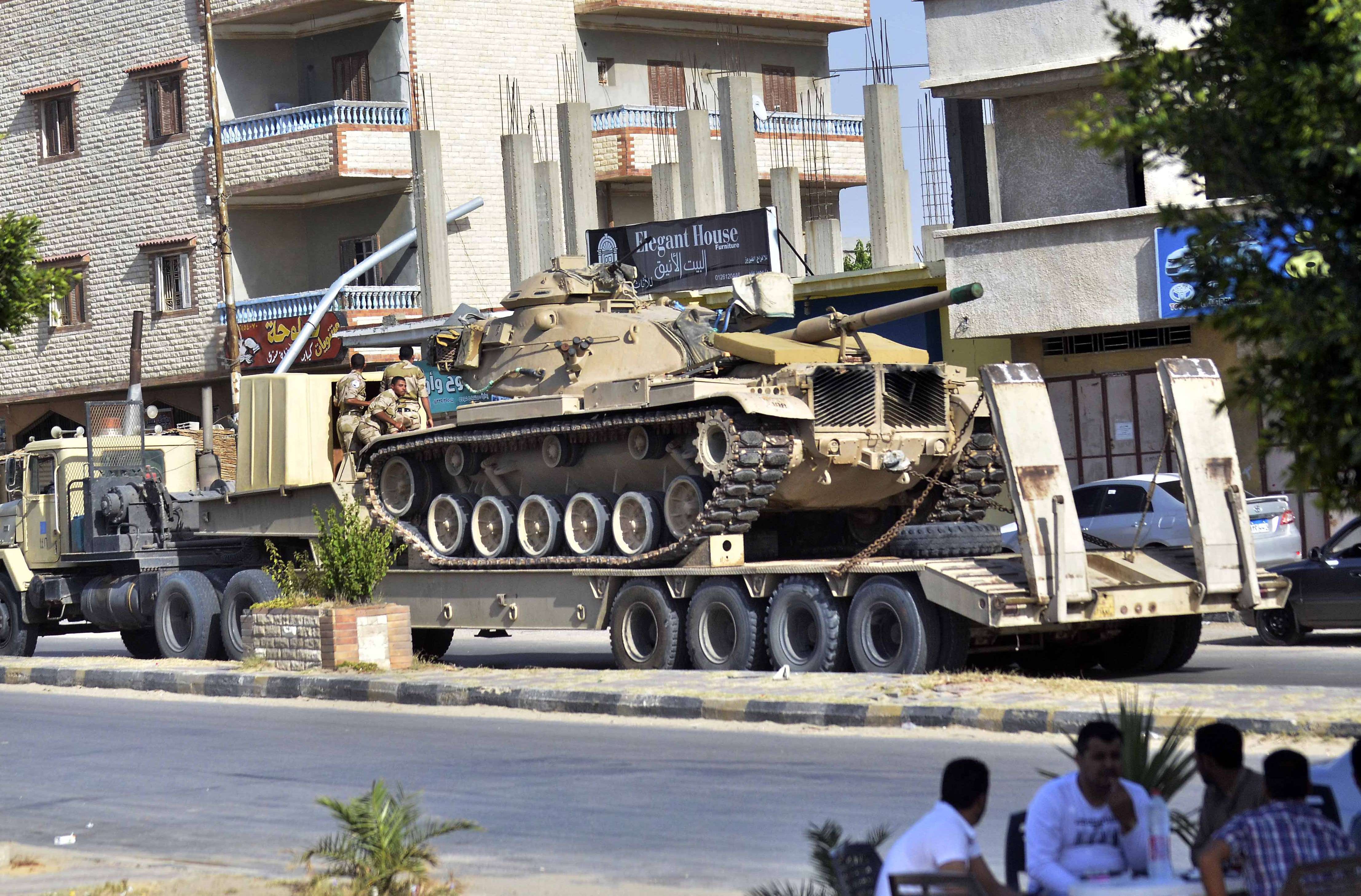Iran’s so-called "Twitter Revolution" came to a Paris shopping street last week in an exhibition that takes some of the thousands of mobile phone videos shot by anti-government protestors and turns them into art.
International and local Iranian media were banned from freely covering the massive wave of protest sparked by the disputed re-election last June of President Mahmoud Ahmadinejad.
But Iranians overcame the reporting ban by using social-networking and image-sharing websites such as Twitter, Facebook, YouTube and Flickr despite efforts by local officials to cut off mobile phones and the Internet.
Footage of a young woman, Neda Agha-Soltan, being shot dead during a demonstration was put on YouTube and quickly turned her into a powerful and poignant symbol of the opposition movement.
The organizers of the Paris exhibition — titled "Action 1" — viewed thousands of internet videos from Iran before making a selection to present at a gallery on one of Paris’s busiest shopping streets, the rue de Rivoli.
Banks of television sets there show dramatic video of young people throwing stones at security forces, riot police carrying out savage beatings and scenes of blazing tires and cars.
One bank made up of nine screens shows the same troubled street scene shot from various angles — street level, rooftops, apartment windows. Often the voice of the person filming can be heard.
"Come away from the window … He (a policeman) is loading his gun," says a woman’s voice in Farsi, the most widely spoken language in Iran, in one of the videos to which the exhibition organizers have added French subtitles.
"It’s a live commentary. They talk at the same time as they film," said one of the organizers, who like the others asked not to be named for fear of being harassed by Iranian authorities.
The exhibition, which runs until May 16, is presented by a Paris-based group called Ruban Vert, which in English means Green Ribbon, the symbol of Iran’s opposition movement.
The group, made up of Iranians living in France as well as French artists, filmmakers and other assorted intellectuals, was set up to support Iran’s opposition shortly after the election nearly a year ago.
Shoppers on rue de Rivoli will be treated to a dance performance on several days of the exhibition, which they will be able to watch from the footpath through windows plastered with some of the countless Twitter messages sent during the tumultuous events.
"The performance will explore the relation between power and violence," said Iranian choreographer Hooman Sharifi, who brought his Norway-based Impure Company dance troupe to Paris for the show.
Those who venture inside can, after inspecting the videos on the ground floor, head upstairs to a "dark room" where a sound installation plays a chorus of anti-government slogans chanted last year from the rooftops of Tehran and other cities.
"At the time of the Islamic Revolution (in 1979), people went up on their rooftops to shout Allahu Akhbar (God is great)," to show their support for their new leader, Ayatollah Ruhollah Khomeini, said the exhibition organizer.
"Last summer they went on their rooftops to shout the same thing, but this time it was against the regime," she explained.
"Action 1," which seeks to turn subversive video into art, is, perhaps appropriately, on show at Rivoli59, a former artists’ squat that has now been given official recognition by the building’s owner, the Paris city hall.
The political potential of the mobile phone video is soon to get a further artistic and cultural examination at another Paris-funded cultural organization, the Forum des Images.
Next month it will host the latest edition of its annual ground-breaking mobile phone film festival "Pocket Films."
This year it looks at the "place the (mobile phone) camera has taken in countries where democracy cannot have its voice heard, such as Burma (Myanmar) or Iran," festival coordinator Benoit Labourdette told AFP.
"But beyond the role of the democratic witness, the festival will be asking questions of this camera. Its images, while being a guarantee of reality, are just as easily manipulated and suspect," he said.



